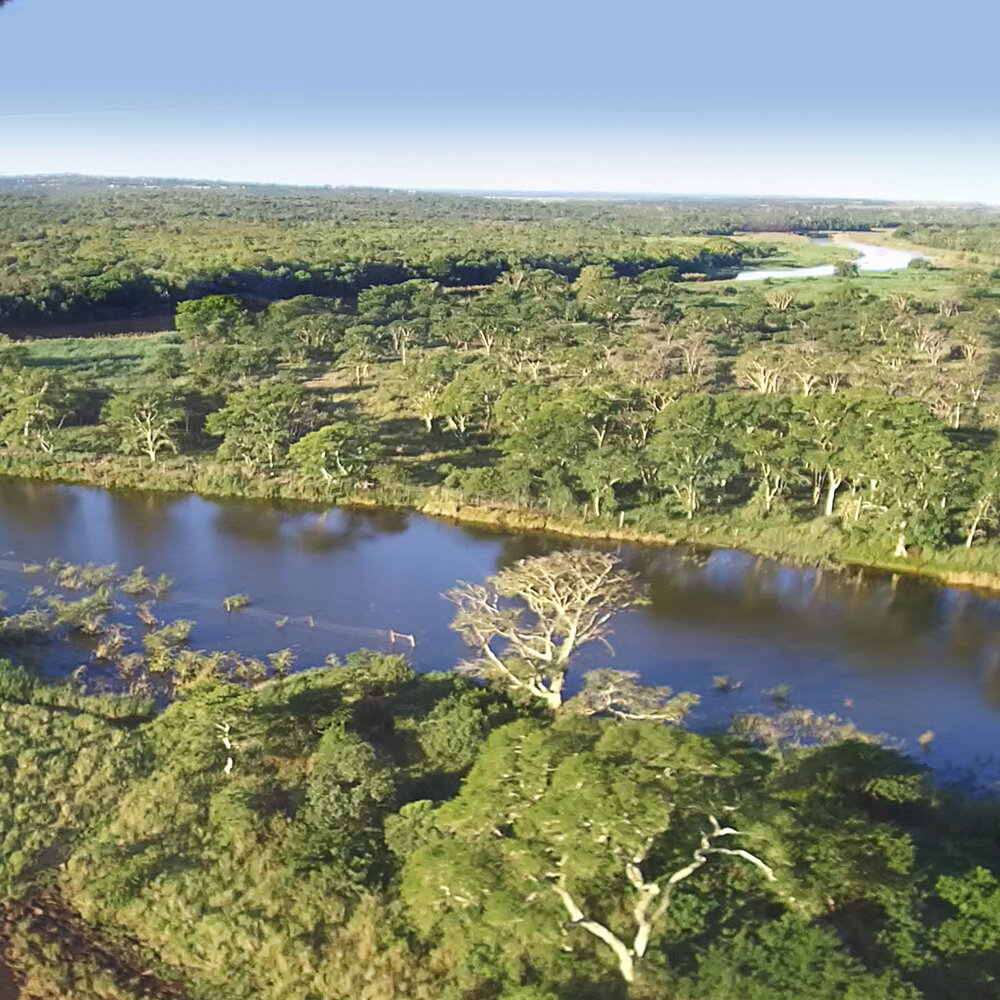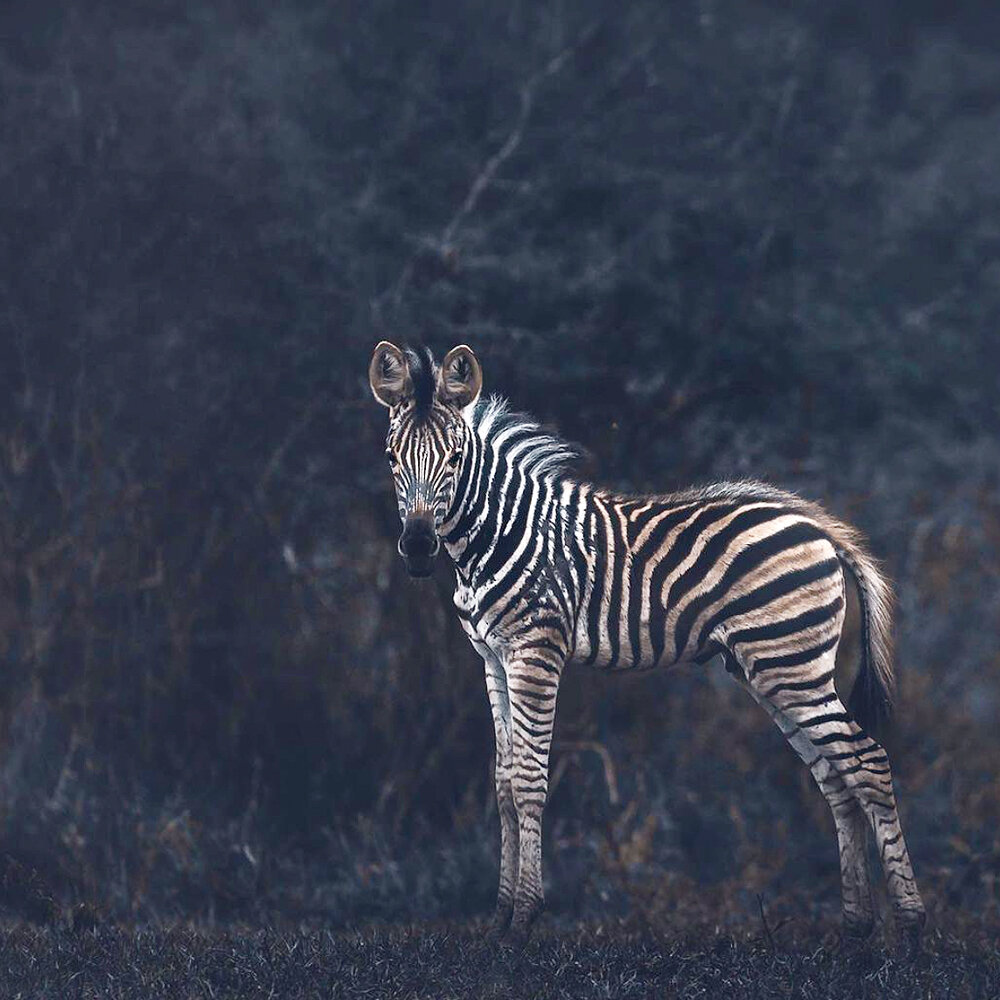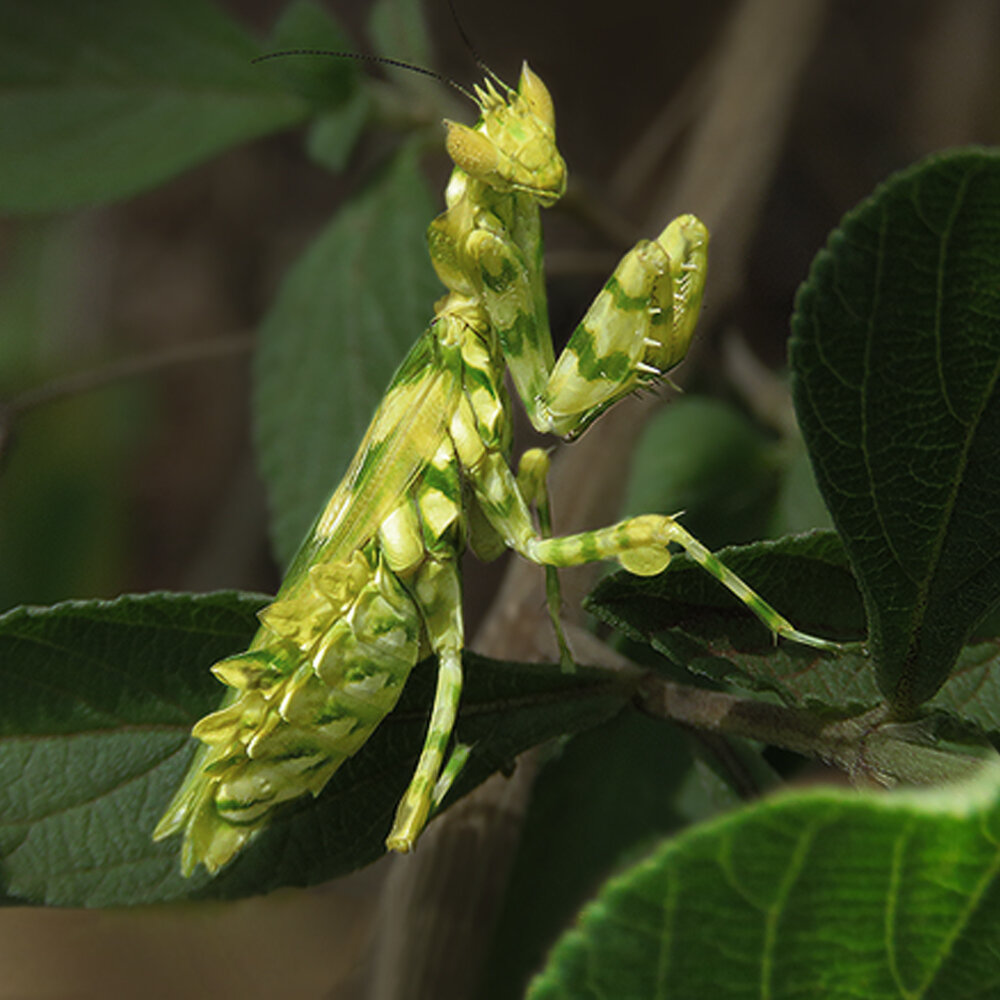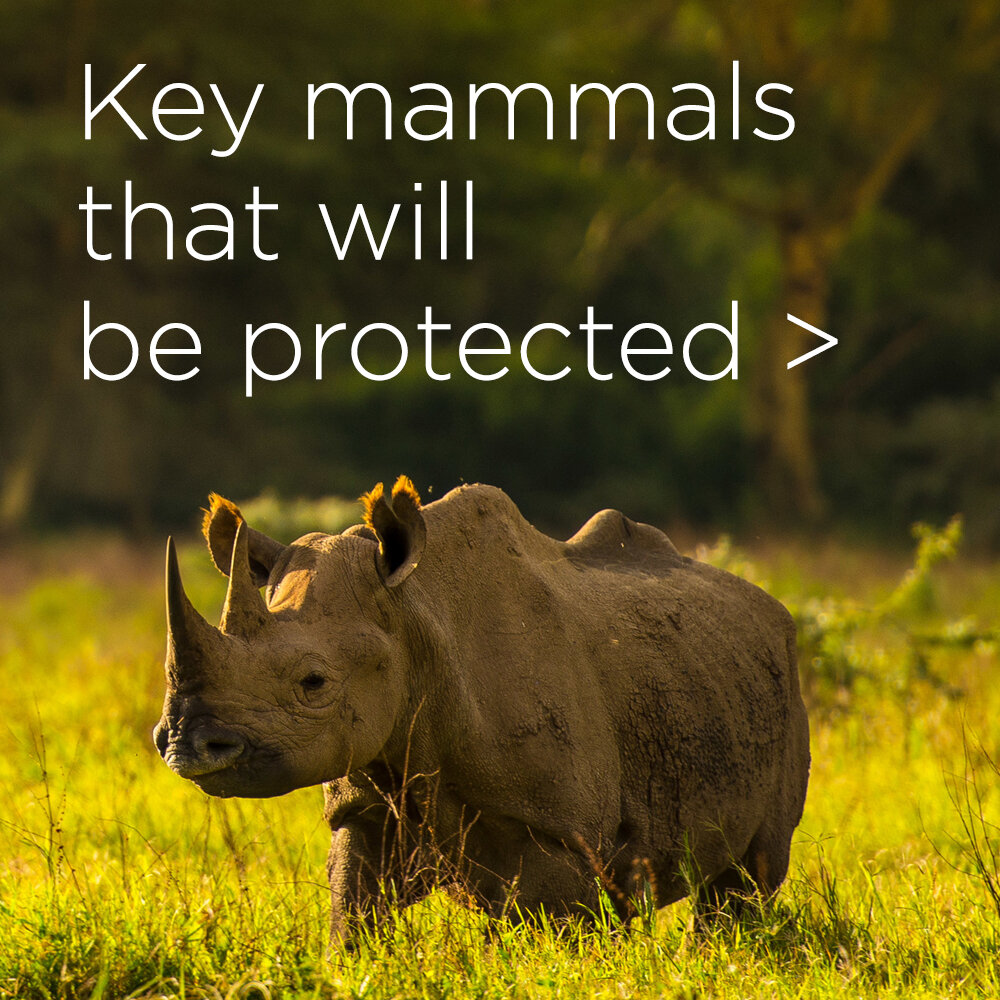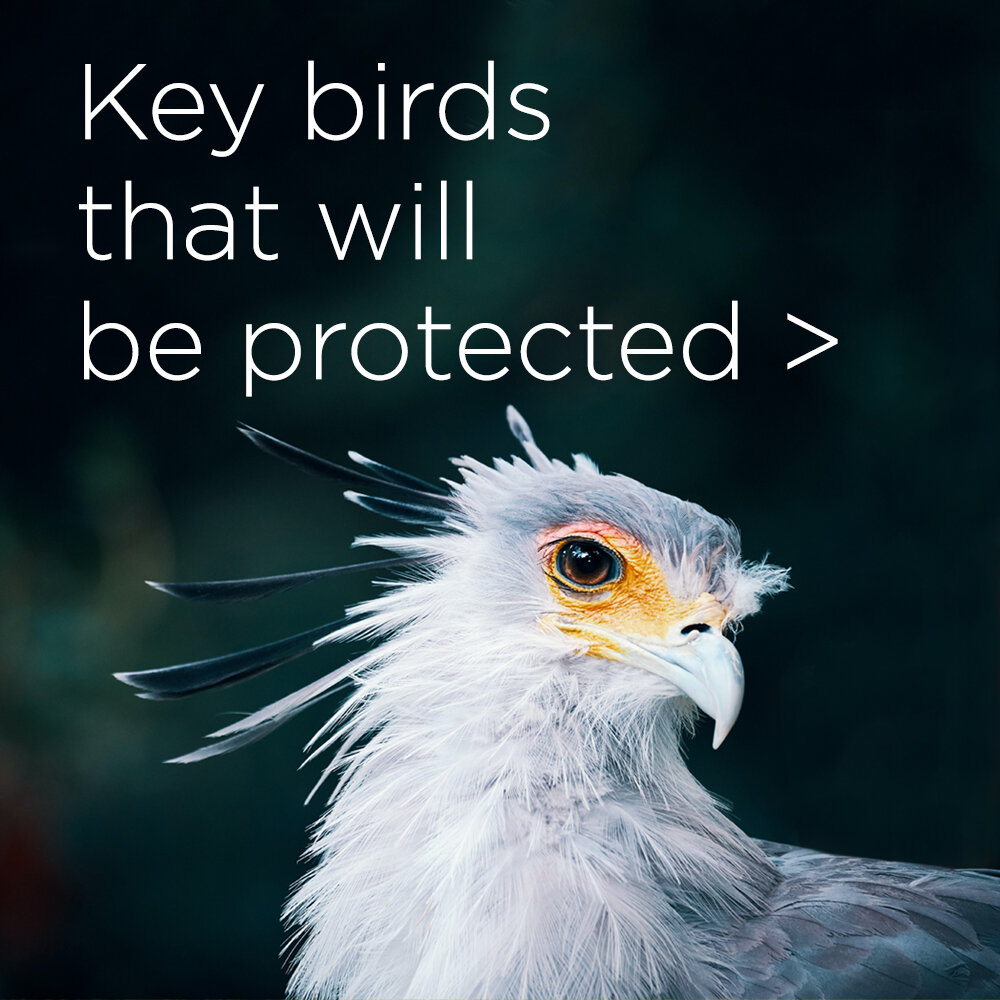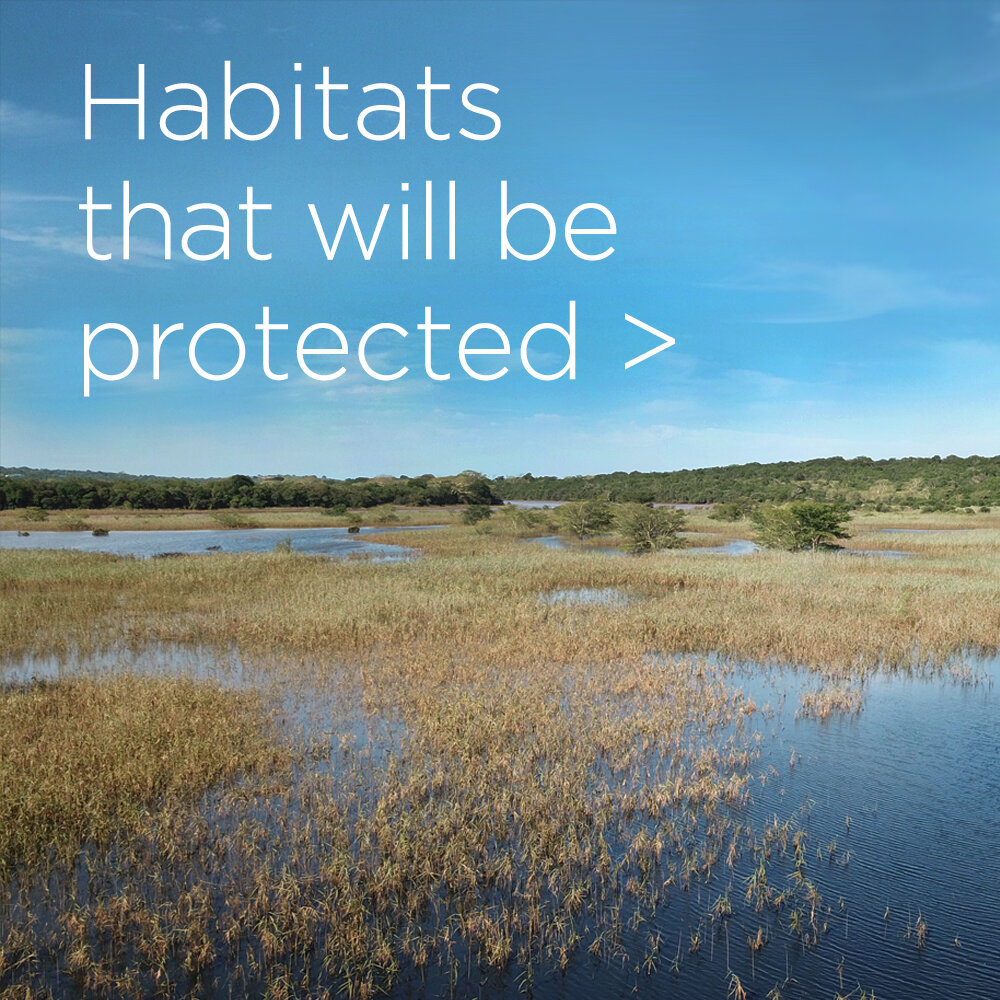
Imagine a herd of elephants wading across the river in the African midday sun. For the first time in decades they have access to the water and the lush habitat on the opposite side. The fence that had stopped them before is now gone. One by one they cross the river to investigate this land that the elders remember calling home.
This scenario is now one step closer to becoming a reality.
— CREATING A WILDLIFE CORRIDOR —
THE GREATER UKUWELA
NATURE RESERVE
Wild Tomorrow is working to protect, restore and re-wild a critically important wildlife corridor in KwaZulu-Natal, South Africa.
To date we have secured over 4,000 acres of land - much of which was at risk from development. It’s situated along the south bank of the Msinene River, a perennial tributary that flows into iSimingaliso Wetland Park (a UNESCO World Heritage site) and it is located in one of the world's 36 recognized biodiversity hotspots.
Gaining legally protected status
This land, together with three conservation-minded neighbors, is now officially recognized as a protected area under South Africa’s Protected Areas Act. This means that the Greater Ukuwela Nature Reserve can never be mined, farmed or developed.
Land purchase now complete
Thanks to an incredible number of individuals, families and foundations including the World Land Trust, we completed the purchase of five key pieces of land in our corridor vision (Ukuwela (2018), Mfuleni (2019), Amorello (2022), Sisonke (2024) and Badenhorst (2025). Exciting opportunities remain to add expansion properties to our Nature Reserve. For now, our priority land parcels are secure.
The next step to complete our vision is to drop fences to open up the corridor, reconnecting habitat to safeguard biodiversity and the climate for the people of Zululand and the world.
Habitat restoration ongoing
Restoring Ukuwela’s tapestry of habitat types requires active restoration. This includes ecological burns, removal of alien plants, and forest restoration. The muscle behind our ecosystem restoration
Saving this land will have incredible benefits to the region’s biodiversity




